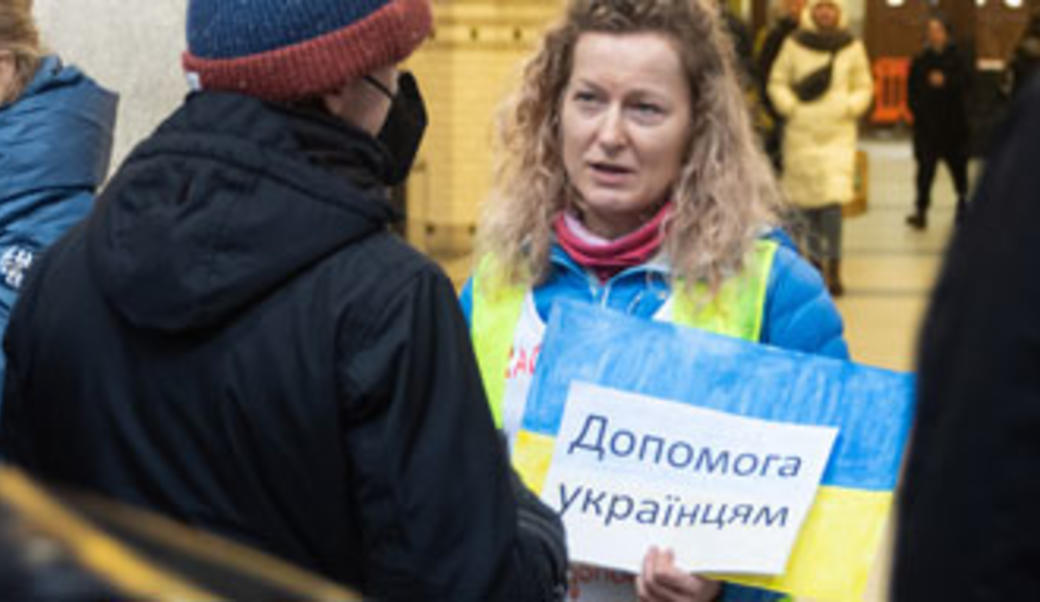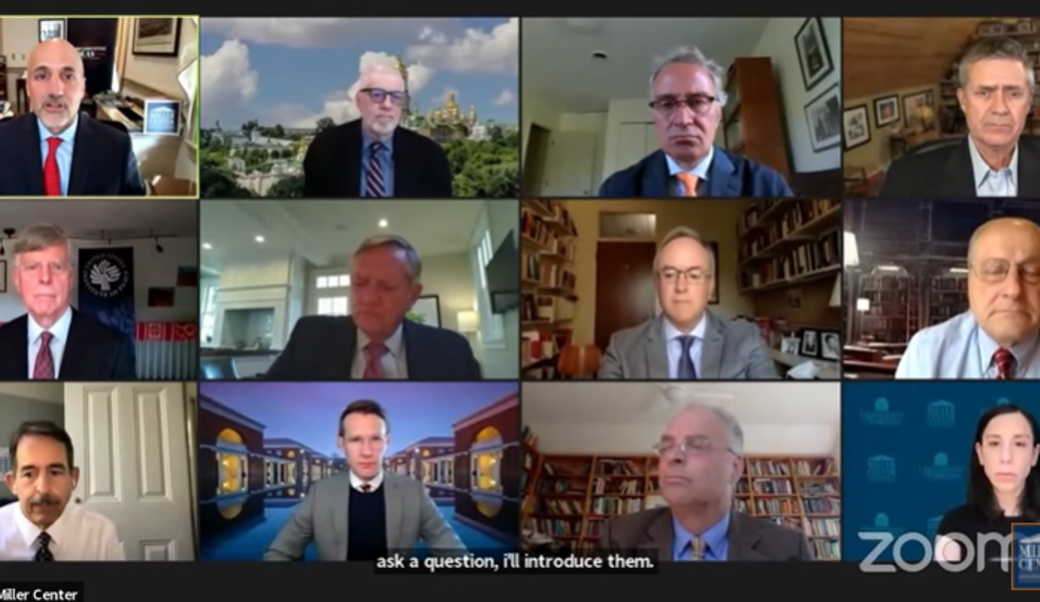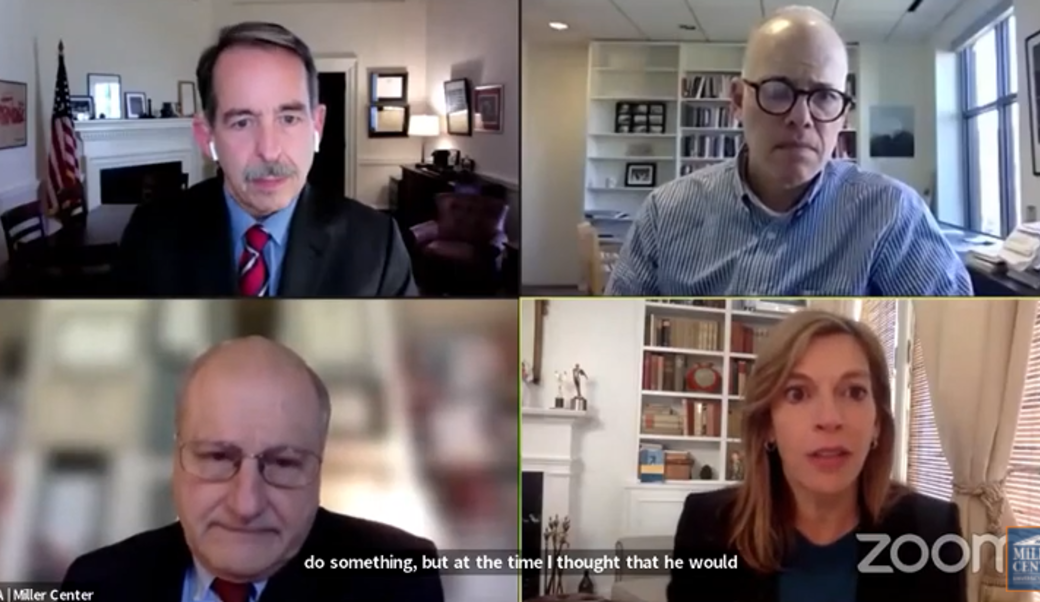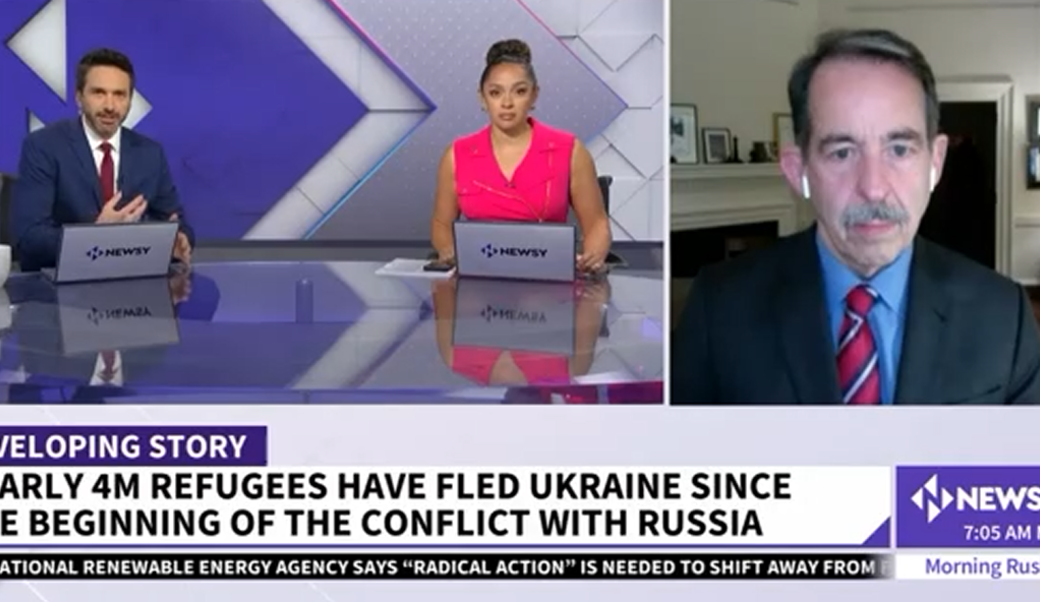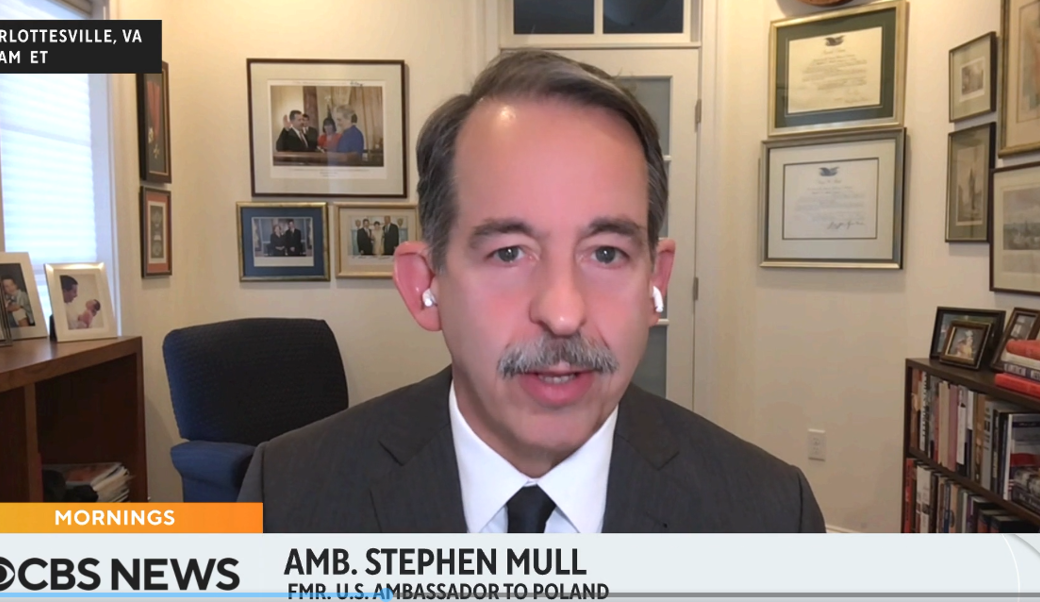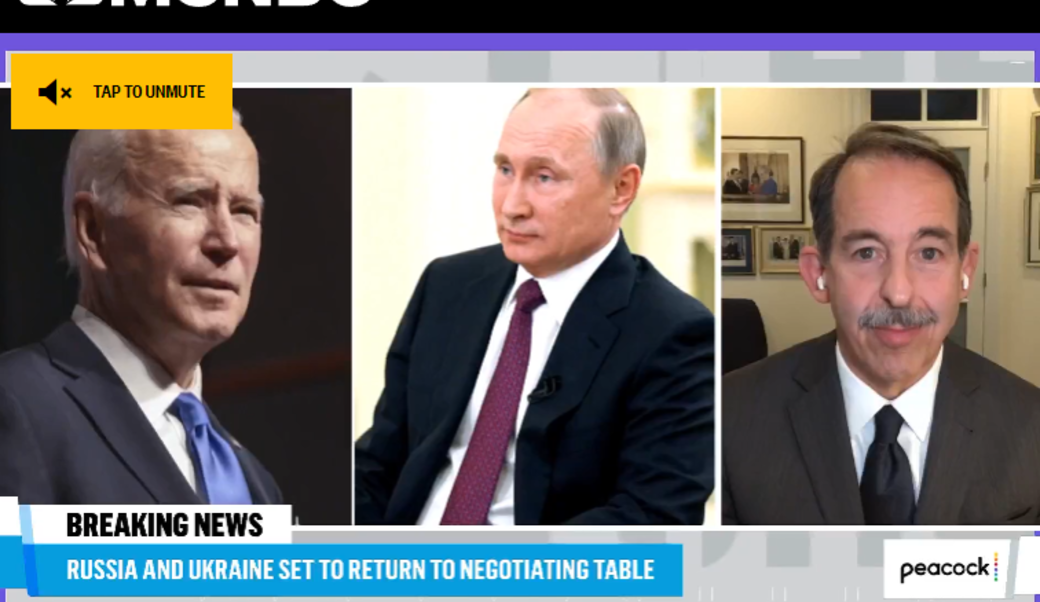Fast Facts
- Vice provost for global affairs, University of Virginia
- Former acting under secretary for political affairs, U.S. Department of State
- Former U.S. ambassador to Poland and Lithuania
- Recipient of the President’s Distinguished Service Award and the Secretary of State’s Distinguished Service Award
- Expertise on U.S. diplomacy, Iran, Russia, nuclear agreements
Areas Of Expertise
- Foreign Affairs
- American Defense and Security
- War and Terrorism
- World Happenings
- Asia
- Europe
- Middle East
Ambassador Stephen D. Mull joined the University of Virginia as vice provost for global affairs in August 2018. He has served in a broad range of U.S. national security positions, most recently as acting under secretary for political affairs at the U.S. Department of State.
Mull served as lead coordinator for Iran nuclear implementation from 2015 until 2017, in which capacity he led U.S. government efforts to implement the Joint Comprehensive Plan of Action to constrain Iran’s nuclear program. Prior to that position, he was U.S. ambassador to the Republic of Poland from 2012 until 2015, supporting a significant growth of U.S. exports to Poland and expanding U.S.-Polish military cooperation within NATO in response to Russian aggression against Ukraine.
Mull served as executive secretary of the State Department from 2010 until 2012, in which capacity he coordinated responses to a wide range of crises and managed the department’s support for Secretary of State Hillary Clinton. He served as senior advisor to Under Secretary of State for Political Affairs William Burns from 2008 until 2010, in which position he coordinated U.S. diplomatic efforts on Iran, managed the State Department’s crisis response during the Russian-Georgian war of August 2008, and led negotiations on a range of issues, including the agreement permitting the flight of U.S. military resupply flights to Afghanistan through Russian airspace, saving taxpayers over $25 million.
Through his State Department career, Mull worked in a range of positions focused on U.S. interests in countries undergoing volatile transitions. He served as U.S. ambassador to the Republic of Lithuania 2003-2006, during which he oversaw efforts to bring Lithuania into the NATO alliance. He was deputy chief of mission at the U.S. Embassy in Jakarta, Indonesia, from 2000 to 2003, during a period of democratic transition in the face of significant terrorist threats and political instability. He covered opposition politics in apartheid South Africa’s transition to democracy from 1986-90, winning the State Department’s top prize for political reporting. He also reported on the democratic movement in communist Poland from 1984-86.
Mull is the recipient of the President’s Distinguished Service Award, the Secretary of State’s Distinguished Service Award, two Presidential Meritorious Service Awards, two Distinguished Honor Awards, and the State Department’s Baker-Wilkins Award for Outstanding Deputy Chief of Mission. From 2017 to 2018, he served as resident senior fellow at Georgetown University's Institute for the Study of Diplomacy. He joined the Foreign Service in March 1982, and attained the personal rank of Career Ambassador, the highest rank in the U.S. Foreign Service, in 2016. He is a 1980 graduate of Georgetown University’s School of Foreign Service.
